Description
“Edmund Burke: Great Western Political Thinkers” by Subrata Mukherjee and Sushila Ramaswamy is a remarkable exploration of the life and intellectual journey of one of the most influential figures in political philosophy and conservative thought. This meticulously researched biography offers readers a comprehensive understanding of Edmund Burke, shedding light on his ideas, principles, and their lasting impact on political discourse.
In this book review, we will delve into the various aspects of this biography, including its summary, analysis and evaluation, comparison to other works, interpretation of key themes, insights into characterization, the writing style employed by the authors, and the opinions of readers. We will also explore the book’s strengths and weaknesses, and ultimately provide a verdict on its significance and value.
“Edmund Burke: A Biography of His Vision and Ideas” provides a thorough account of the life and times of Edmund Burke. The authors skillfully navigate through Burke’s early years, his entry into politics, his influential role during the American and French Revolutions, and his lasting impact on conservative thought. The biography uncovers Burke’s complex character, highlighting his intellectual prowess, commitment to traditional values, and fierce defence of individual liberties.
The authors meticulously examine Burke’s writings, speeches, and personal correspondence, revealing the evolution of his ideas and political philosophy. They explore Burke’s scepticism toward radical change, his emphasis on the importance of tradition and social order, and his belief in the gradual development of society. Through their vivid storytelling, Mukherjee and Ramaswamy paint a rich portrait of Edmund Burke, capturing the essence of his vision and ideas.
“Edmund Burke: A Biography of His Vision and Ideas” offers a compelling analysis of Burke’s political thought and its enduring relevance. The authors adeptly contextualize Burke’s ideas within his time’s historical and philosophical landscape, providing readers with a nuanced understanding of his intellectual development. They explore Burke’s criticism of the abstract principles of the French Revolution, highlighting his belief in the importance of practical wisdom and the preservation of social order.
Mukherjee and Ramaswamy’s evaluation of Burke’s ideas is balanced and comprehensive. They explore the strengths and limitations of his philosophy, acknowledging his contributions and addressing potential criticisms. The authors effectively demonstrate how Burke’s insights continue to shape contemporary political discourse, offering readers a valuable perspective on the enduring relevance of his ideas.
In comparison to other biographies of Edmund Burke, “A Biography of His Vision and Ideas” stands out for its depth of analysis and engaging narrative style. While other works may provide a more general overview of Burke’s life, this biography delves into the intricacies of his thought, presenting a thorough examination of his key concepts and their impact. Mukherjee and Ramaswamy’s extensive research and meticulous attention to detail distinguish this biography as a definitive account of Burke’s intellectual journey.
One of the significant strengths of this biography is its insightful interpretation of Edmund Burke’s core themes. The authors adeptly highlight Burke’s emphasis on the importance of gradual change, his belief in the organic development of society, and his caution against radicalism. They explore the tension between tradition and progress, giving readers a deeper understanding of Burke’s nuanced approach to political and social transformation. The book successfully uncovers the underlying themes that permeate Burke’s writings, shedding light on his vision for a stable and ordered society.
Mukherjee and Ramaswamy demonstrate their skill in characterizing Edmund Burke and the key individuals who shaped his life. The authors bring the characters to life through a detailed analysis of Burke’s correspondence and interactions, vividly portraying their motivations, struggles, and relationships. By delving into the personal and intellectual influences on Burke, the biography offers readers a deeper appreciation for the context in which his ideas developed.
About the Author:
Subrata Mukherjee and Sushila Ramaswamy are esteemed scholars with extensive knowledge in the fields of political philosophy and intellectual history. Mukherjee, renowned for his expertise in political theory, and Ramaswamy, known for her contributions to conservative thought, bring their combined insights to this biography. Their meticulous research and dedication to capturing the essence of Edmund Burke’s ideas make them ideal authors for this comprehensive exploration of his life and thought.
The writing style employed by Mukherjee and Ramaswamy is both engaging and scholarly. They present complex ideas in a clear and accessible manner, making the biography suitable for readers with varying levels of familiarity with political philosophy. The authors’ eloquent prose and skilful storytelling captivate the reader’s attention, ensuring a compelling reading experience throughout the book.
What People Say About This Book:
“Edmund Burke: A Biography of His Vision and Ideas” has garnered widespread acclaim from readers and scholars alike. Many commend the authors for their meticulous research, comprehensive analysis, and ability to make Burke’s ideas accessible to a broad audience. Readers appreciate this biography’s balanced approach and depth of understanding. Some have described it as an indispensable resource for anyone interested in political philosophy and the history of conservative thought.
- A meticulously researched and comprehensive exploration of Edmund Burke’s life and thought.
- An engaging narrative style that captivates the reader’s attention.
- Provides valuable insights into Burke’s ideas and their enduring relevance.
- Balanced evaluation of Burke’s philosophy, acknowledging both strengths and limitations.
- Skilful characterization of key individuals and their influence on Burke.


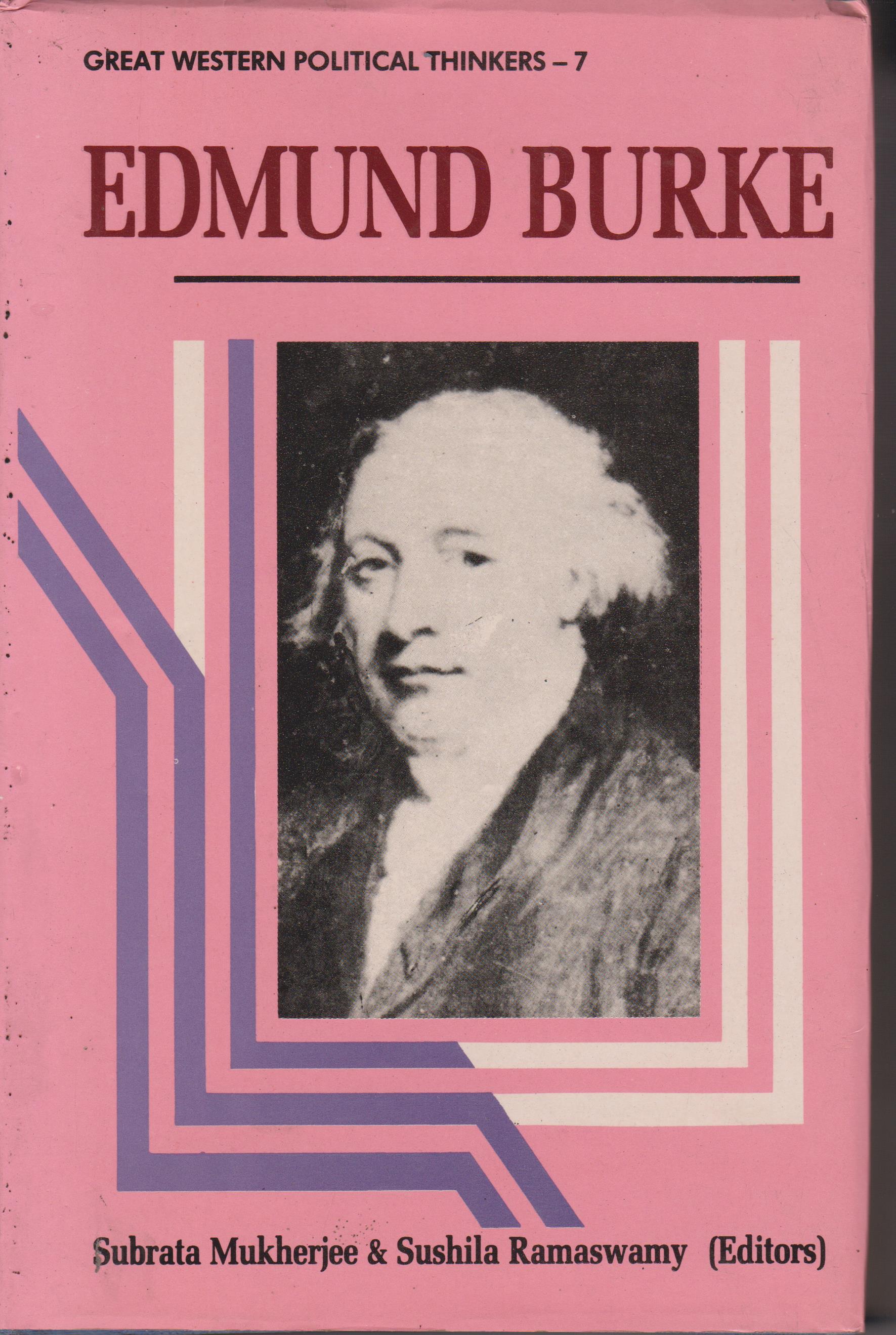
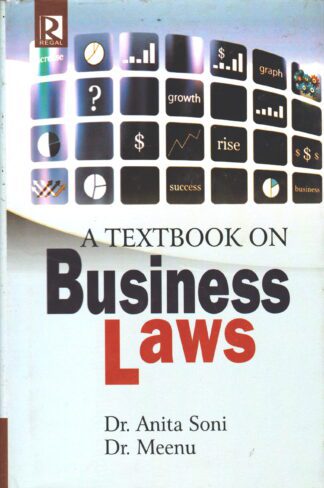
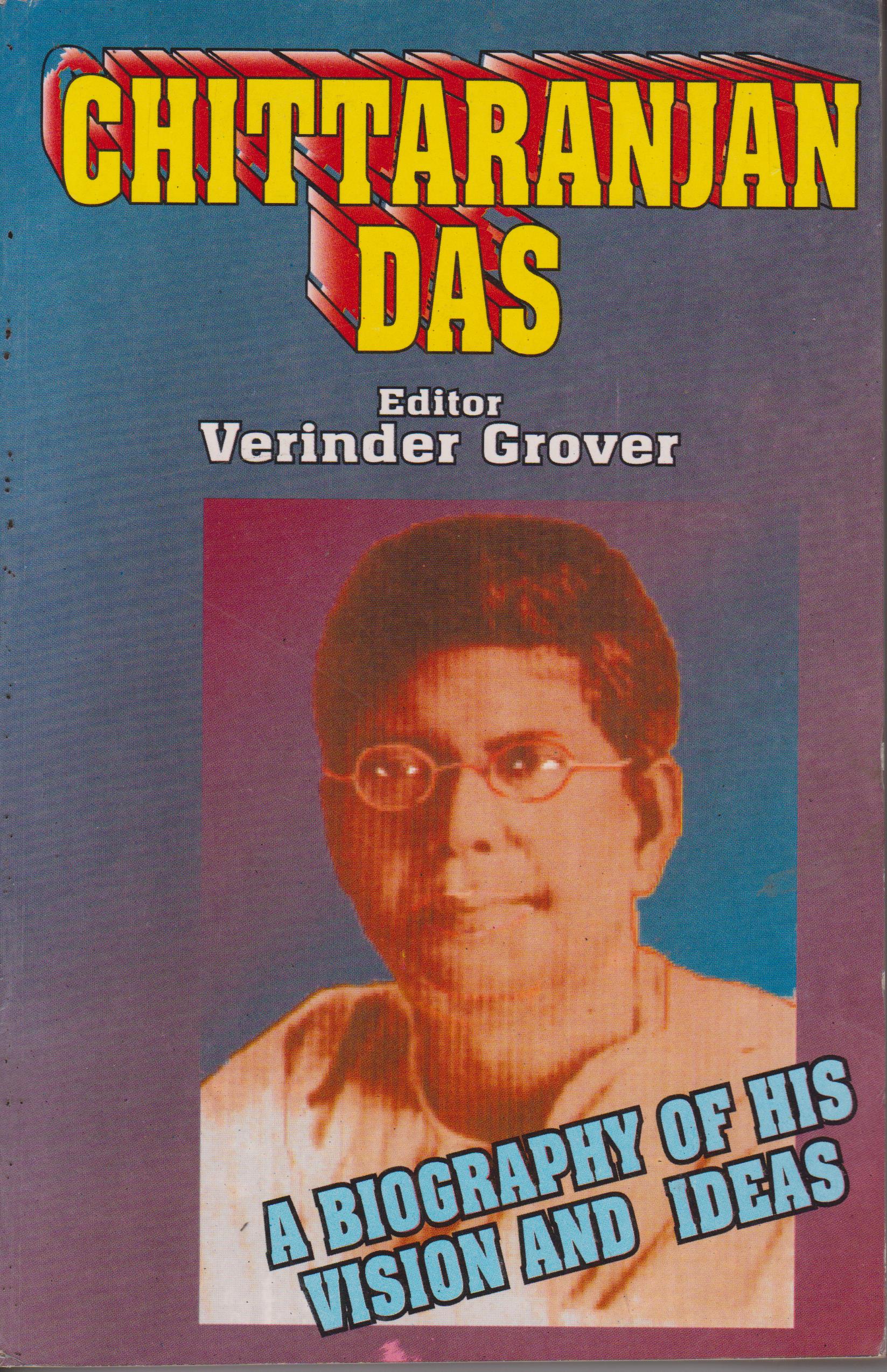
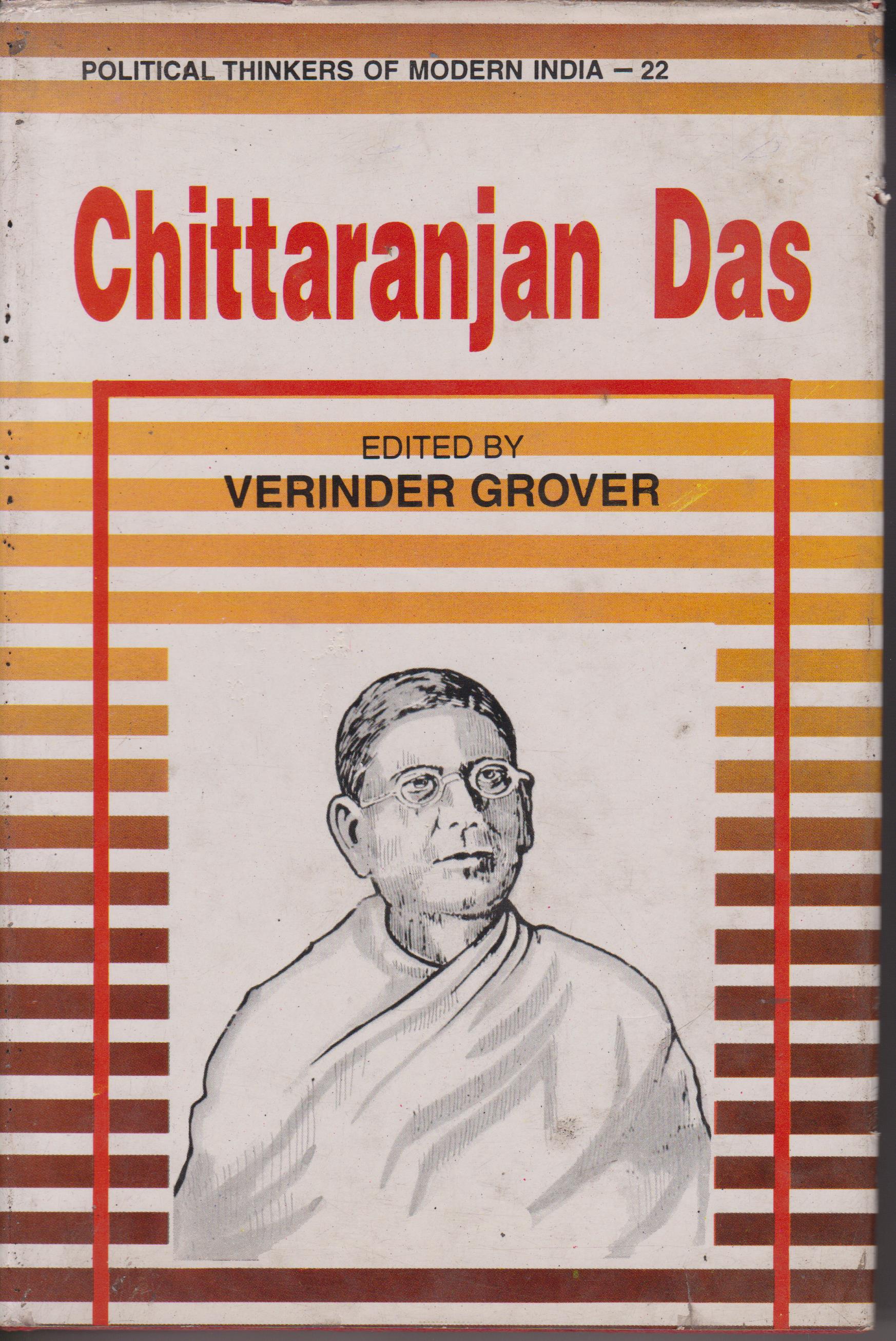
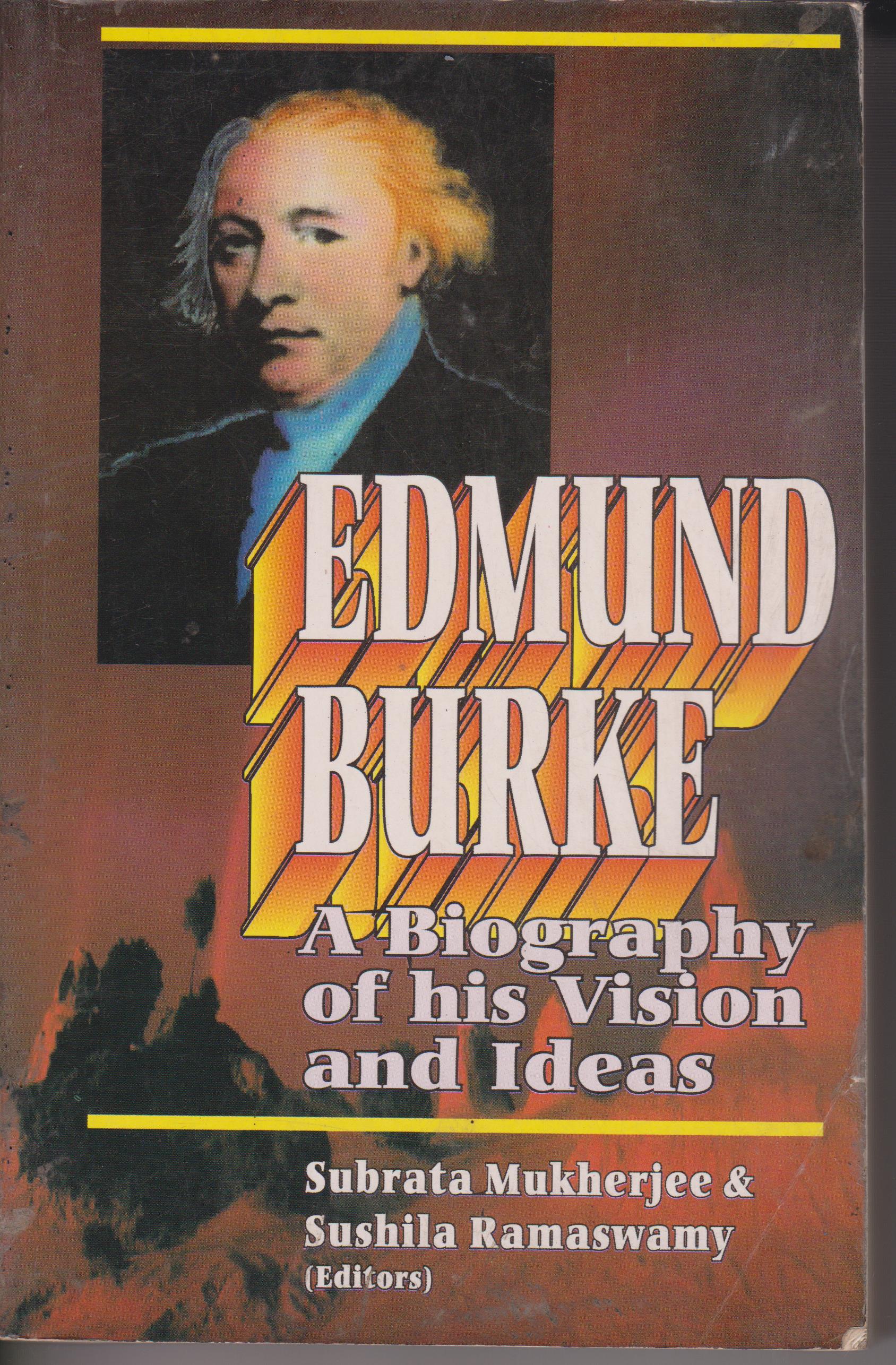
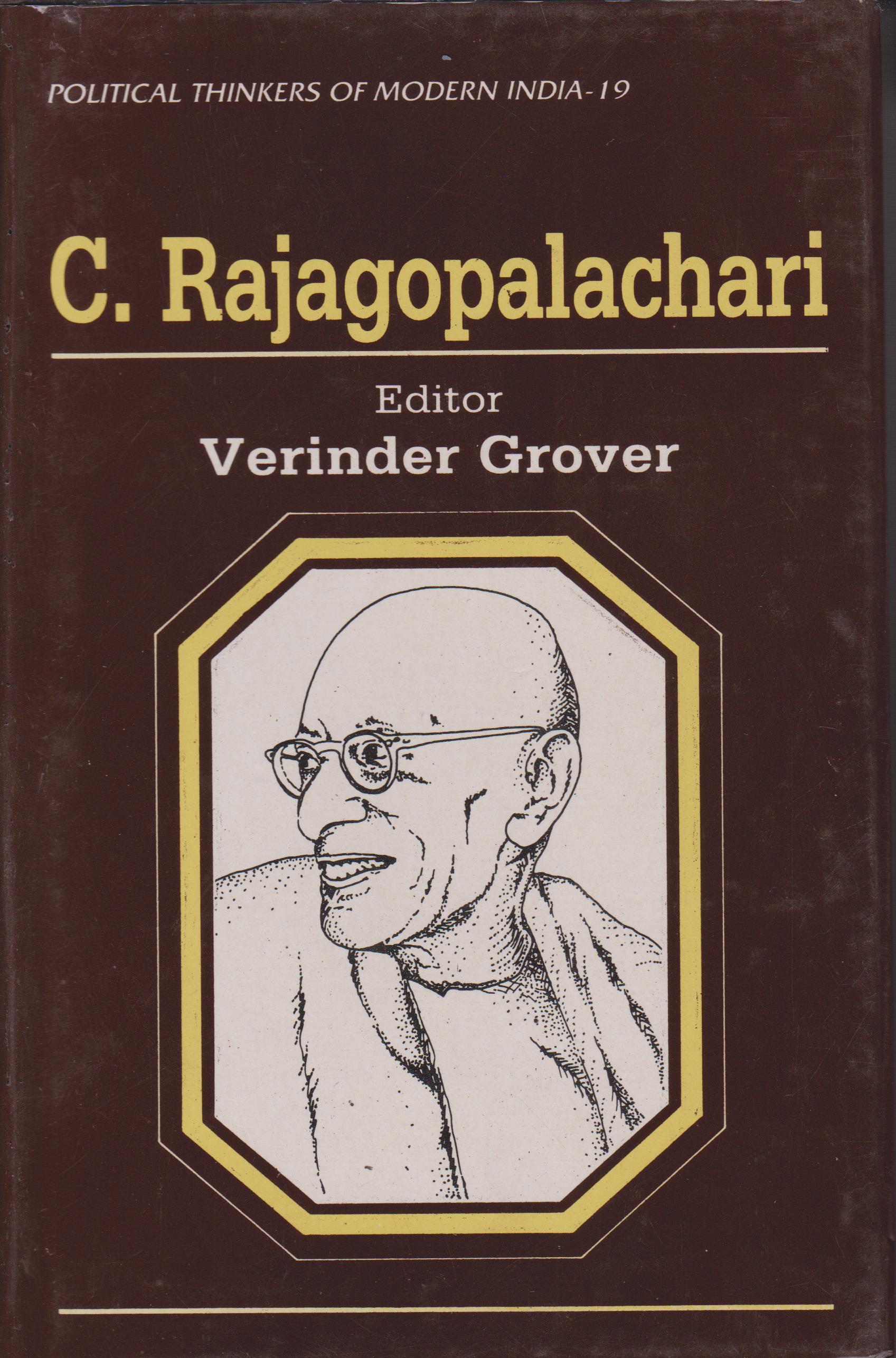
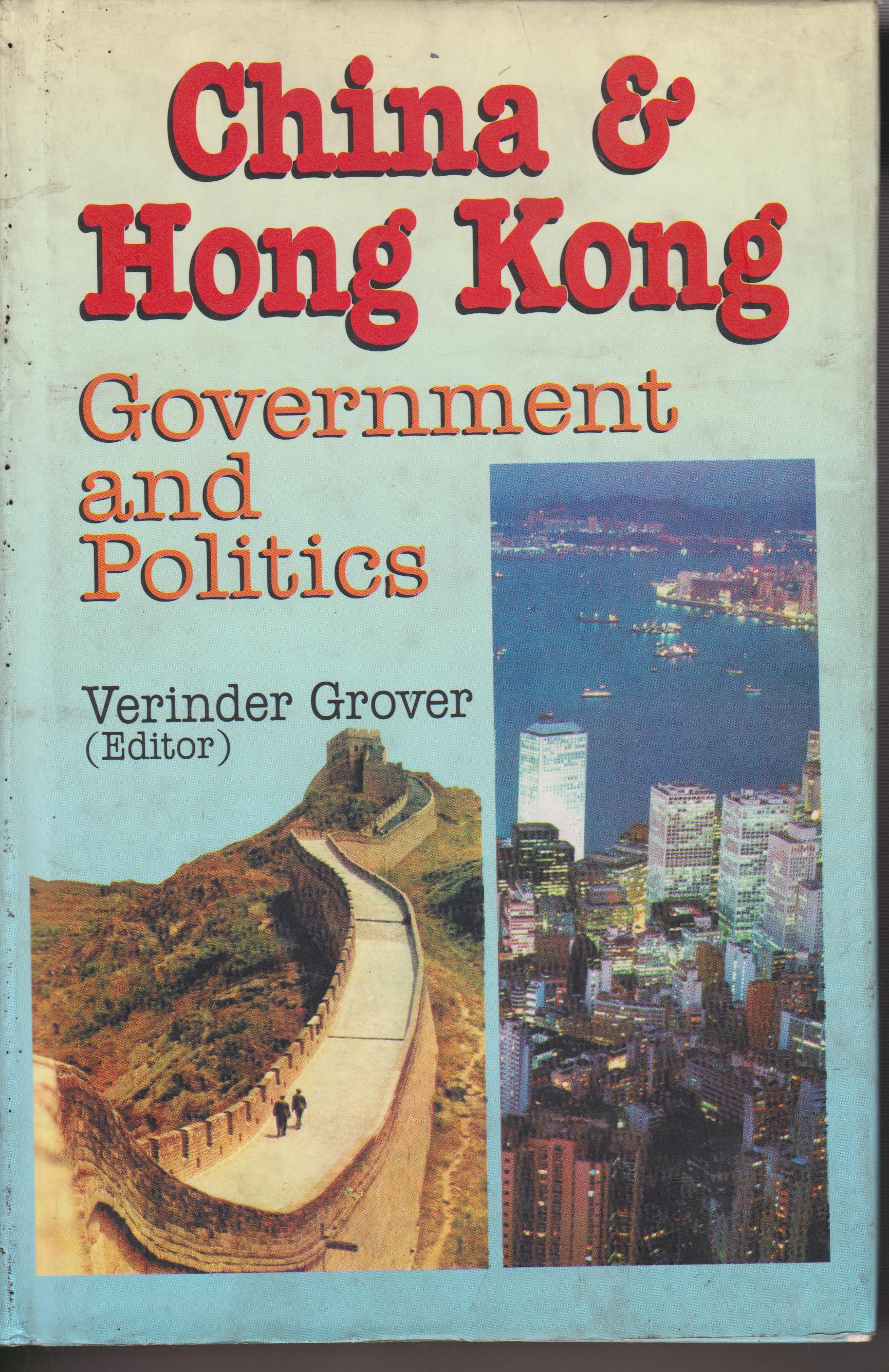
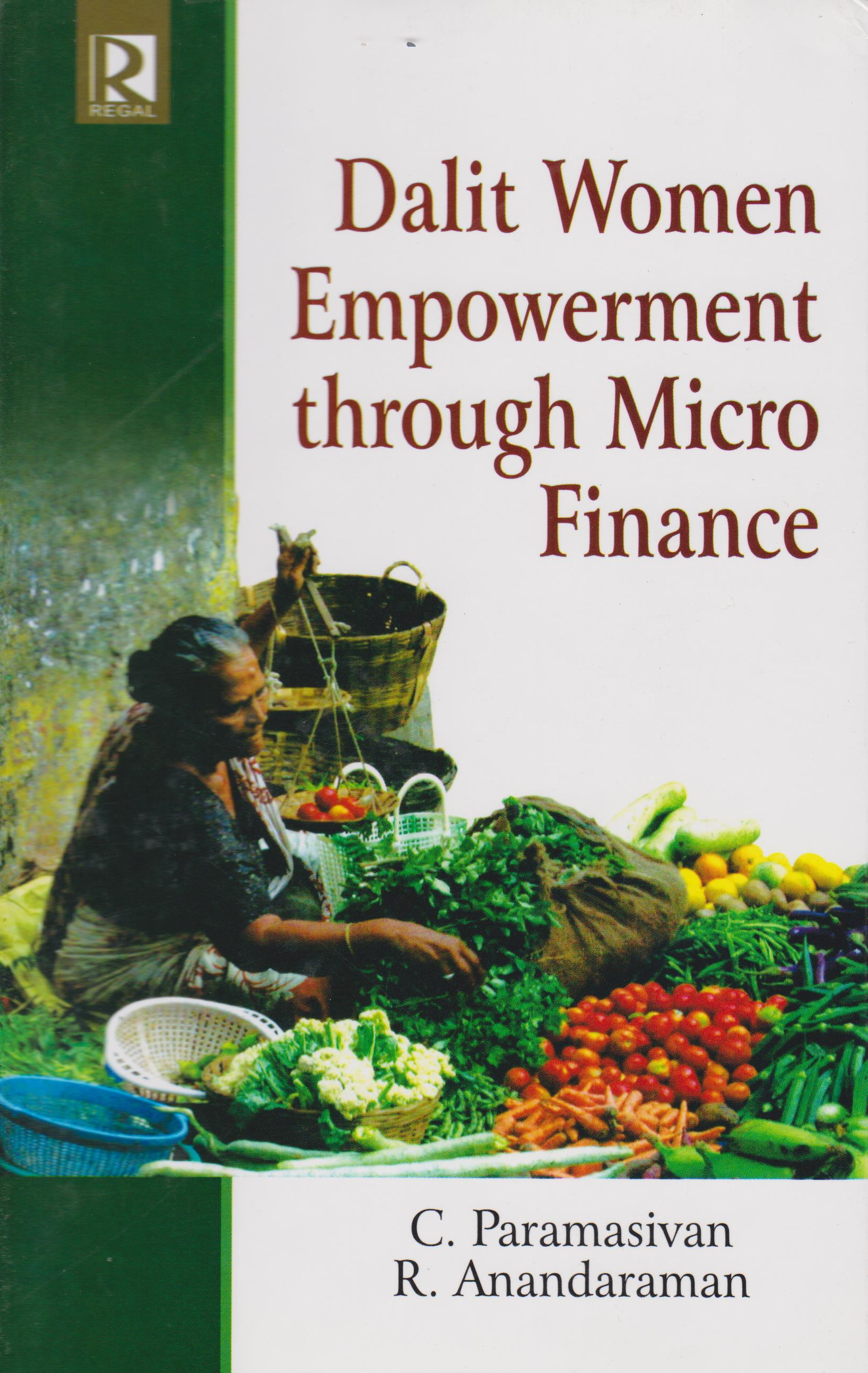
Reviews
There are no reviews yet.